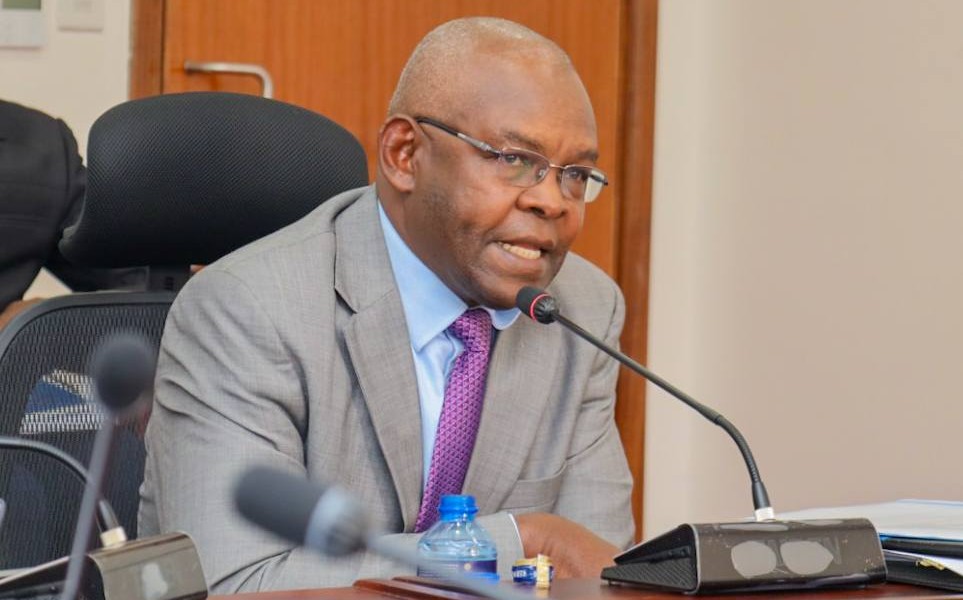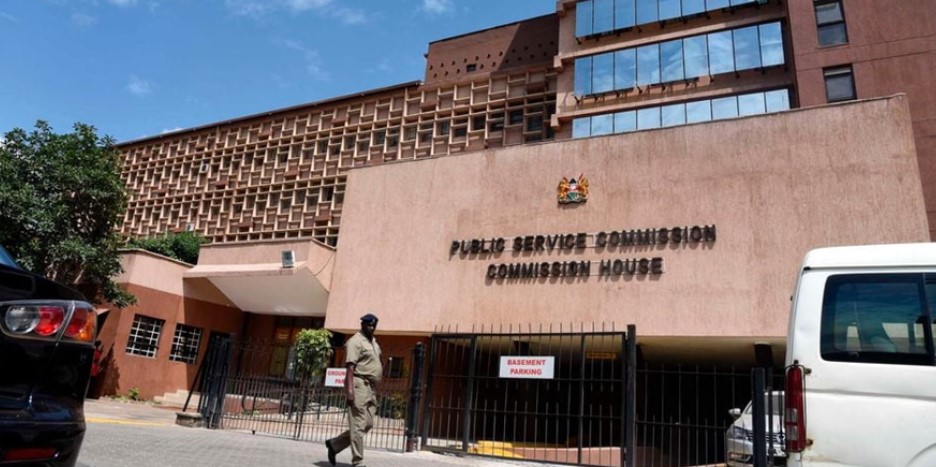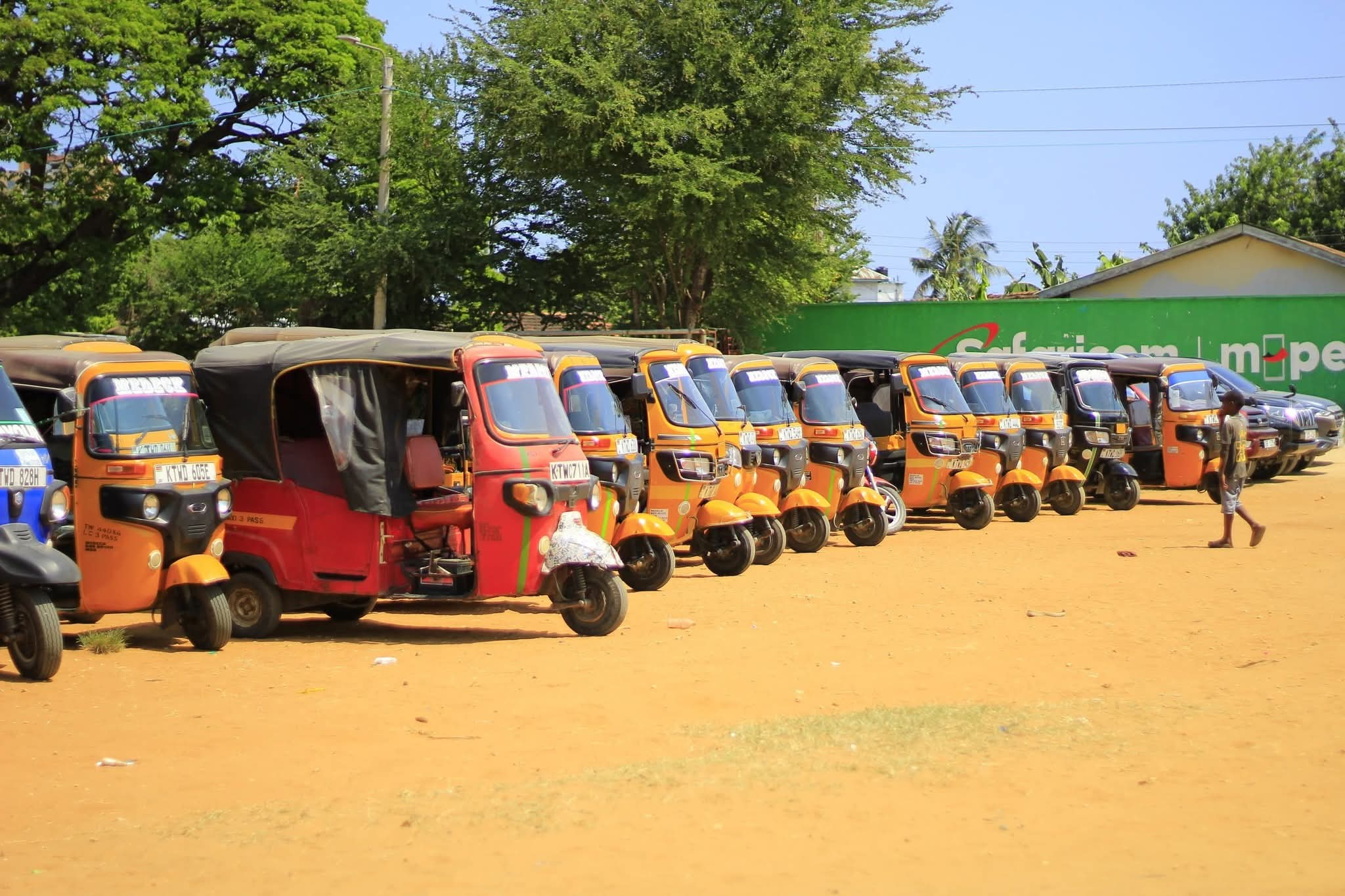CBK to roll out compensation rules for e-money and digital wallet fraud

The initiative seeks to address gaps in recourse mechanisms for digital wallets and improve safeguards for users of digital financial services (DFSs).
The Central Bank of Kenya (CBK) has unveiled plans to introduce compensation rules for e-money and digital wallets in a bid to shield consumers from rising cases of mobile money fraud.
The initiative seeks to address gaps in recourse mechanisms for digital wallets and improve safeguards for users of digital financial services (DFSs).
More To Read
- CBK data shows Sh344 billion decline in mobile money transactions, steepest drop in 18 years
- CS Mbadi tables new banking rules targeting non-compliance, unethical practices
- Kenya’s exports to EAC partners grow as diaspora sends Sh1 trillion home
- CBK targets Sh40 billion in new Treasury bond auction
- Diaspora remittances from Saudi Arabia fall to four-year low after new work permit rules
- Senator Hamida demands clarity on Kenya’s new food labelling rules
Outlined in the Kenya National Financial Inclusion Strategy 2025-2028, the CBK plans to work alongside other financial sector regulators and the Competition Authority of Kenya (CAK) to implement a formal compensation framework by the end of 2026.
“The framework highlights capacity building among market players, deployment of digital complaint management systems and enhanced transparency in pricing,” the CBK said.
“Key performance indicators include a reduction in the number of unresolved consumer complaints and increased awareness of financial rights among the population.”
The move responds to findings from the 2021 Digital Credit Market Inquiry conducted by CAK in partnership with research firm Innovations for Poverty Action (IPA). The survey revealed that fraud in mobile financial services is a major risk for consumers. It found that 82 per cent of respondents had received calls or messages from unknown individuals requesting money, sensitive information or offering a product or service.
“The vast majority, or 77 per cent of scammers, asked consumers to send money for a variety of reasons—for example, to reverse what appeared to be money sent to the consumer in error but was in fact fake,” reads the survey.
Other common requests included asking for a password or PIN (21 per cent), personal information (19 per cent), or account details (13 per cent).
According to the study, most scammers do not identify themselves, but those who do often claim to be employees of a financial service provider (FSP), suggesting that systems to verify legitimate communications with FSPs could be beneficial. The report, however, does not quantify the total funds lost to fraud across digital financial services.
Findings from the 2021 survey were complemented by the 2024 FinAccess Report, which showed that respondents reported mobile money as having a higher incidence of fraud and money lost, at 9.8 per cent. The report also noted that internal fraud in Saccos and pension schemes was particularly prevalent, affecting 75.1 per cent and 66.1 per cent of respondents, respectively.
The CBK’s planned framework aims to enhance consumer protection, improve complaint management and promote transparency, responding to the growing risks in Kenya’s digital financial sector.
Top Stories Today












































